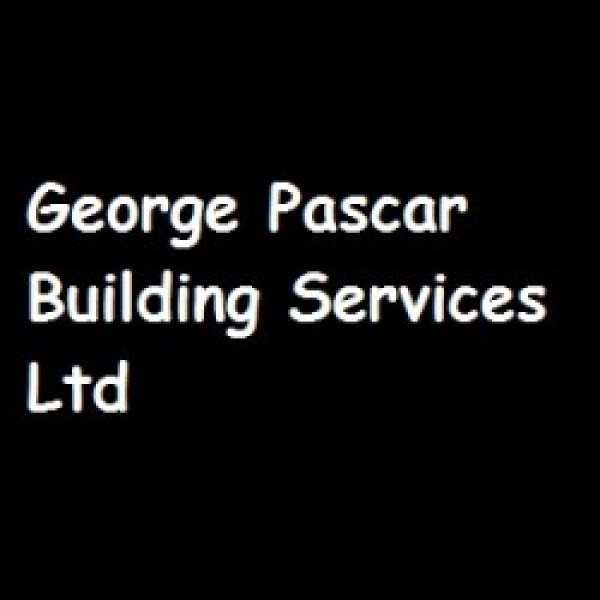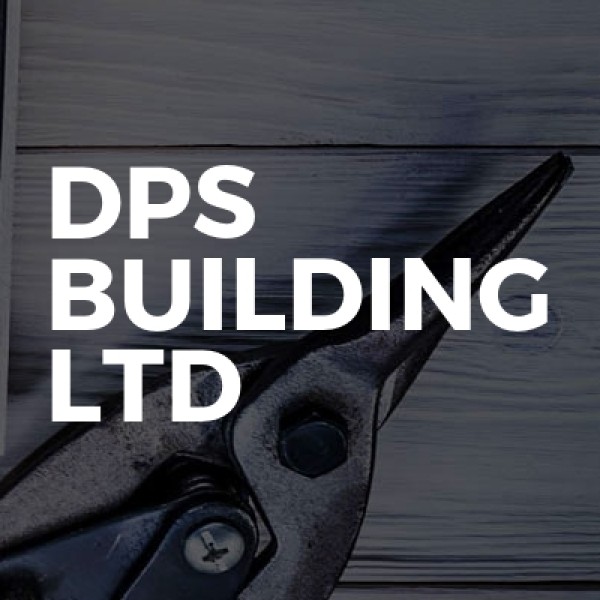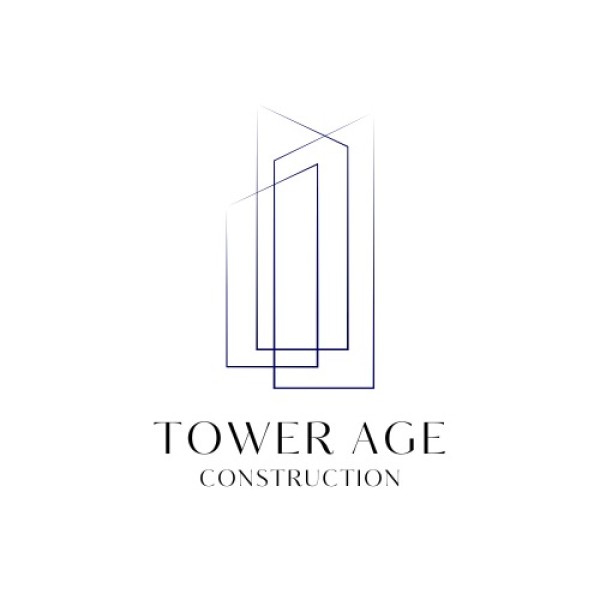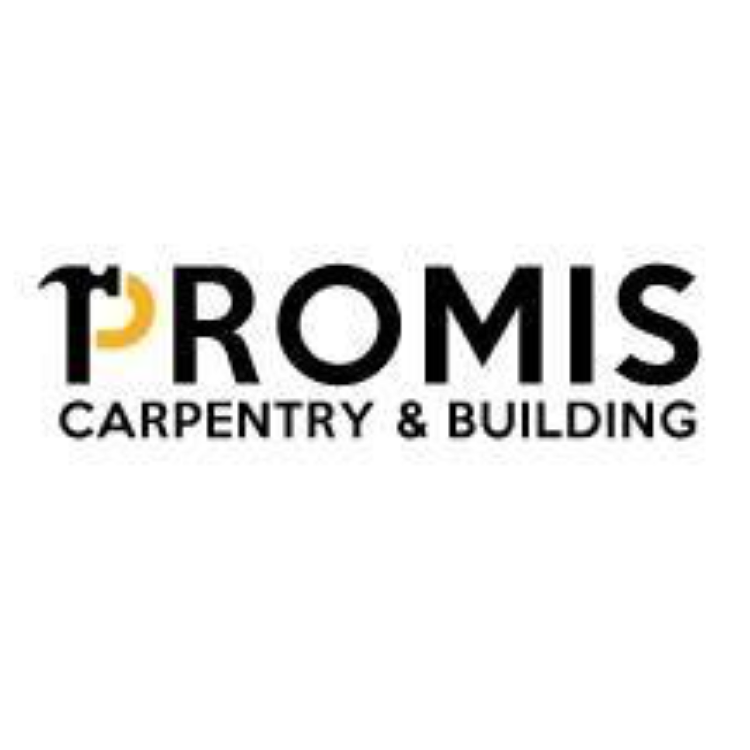Renovations in Paddington
Filter your search
Post your job FREE and let trades come to you
Save time by filling out our simple job post form today and your job will be sent to trades in your area so you can sit back, relax and wait for available trades to contact you.
Post your job FREESearch Renovations in places nearby
Understanding Renovations in Paddington
Paddington, a charming district in the heart of London, is renowned for its rich history and vibrant culture. Renovations in Paddington have become increasingly popular as homeowners and businesses seek to preserve the area's historic charm while modernising their properties. This article delves into the various aspects of renovations in Paddington, offering insights into the process, benefits, and considerations involved.
The Historical Significance of Paddington
Paddington is steeped in history, with its roots tracing back to the 10th century. The area is famed for its iconic landmarks, such as Paddington Station, designed by the legendary engineer Isambard Kingdom Brunel. The district's architectural heritage is a blend of Victorian and Georgian styles, making it a prime location for those interested in preserving historical aesthetics through renovations.
Preserving Architectural Heritage
When undertaking renovations in Paddington, preserving the architectural heritage is paramount. Many properties are listed buildings, meaning they are protected by law due to their historical or architectural significance. Renovators must adhere to strict guidelines to ensure that any changes are sympathetic to the original design.
Balancing Modernisation with Tradition
While preserving history is important, modernisation is often necessary to meet contemporary living standards. This balance can be achieved by integrating modern amenities and technologies into the existing structure without compromising its historical integrity. For example, installing energy-efficient systems or smart home technologies can enhance comfort and sustainability.
Planning and Permissions for Renovations
Before embarking on renovations in Paddington, it is crucial to understand the planning and permission requirements. The process can be complex, especially for listed buildings, but it ensures that the area's character is maintained.
Understanding Planning Permission
Planning permission is required for significant alterations to a property, such as extensions or structural changes. The local council evaluates applications to ensure that proposed renovations align with the area's character and planning policies.
Listed Building Consent
For listed buildings, obtaining listed building consent is essential. This consent is separate from planning permission and focuses on preserving the building's historical features. Renovators must provide detailed plans and justifications for any changes to ensure they do not detract from the building's significance.
Choosing the Right Renovation Professionals
Selecting the right professionals is crucial for successful renovations in Paddington. Experienced architects, builders, and designers can navigate the complexities of the process and deliver high-quality results.
Finding Experienced Architects
An architect with experience in historical renovations can provide invaluable insights and creative solutions. They can help balance modern needs with historical preservation, ensuring that the renovation enhances the property's value and appeal.
Hiring Skilled Builders
Skilled builders are essential for executing the renovation plans accurately. They should be familiar with the materials and techniques required for working with historical properties, ensuring that the renovation is both durable and aesthetically pleasing.
Cost Considerations and Budgeting
Renovations in Paddington can be a significant investment, so careful budgeting is essential. Understanding the costs involved and planning accordingly can help avoid financial pitfalls.
Estimating Renovation Costs
The cost of renovations can vary widely depending on the scope of the project and the property's condition. Factors such as materials, labour, and permits all contribute to the overall cost. It is advisable to obtain multiple quotes and create a detailed budget to manage expenses effectively.
Funding Options for Renovations
There are several funding options available for renovations, including personal savings, loans, and grants. Some grants are specifically designed for preserving historical properties, providing financial assistance to maintain the area's heritage.
Incorporating Sustainable Practices
Sustainability is a growing concern in renovations, and Paddington is no exception. Incorporating eco-friendly practices can enhance the property's value and reduce its environmental impact.
Energy-Efficient Upgrades
Energy-efficient upgrades, such as improved insulation, double-glazed windows, and energy-efficient heating systems, can significantly reduce energy consumption and costs. These upgrades not only benefit the environment but also enhance the property's comfort and appeal.
Using Sustainable Materials
Choosing sustainable materials, such as reclaimed wood or recycled metal, can reduce the environmental impact of renovations. These materials often have a unique aesthetic that complements the historical character of Paddington properties.
Enhancing Property Value Through Renovations
Renovations can significantly enhance the value of properties in Paddington. By improving functionality, aesthetics, and sustainability, homeowners can increase their property's market appeal and potential resale value.
Improving Functionality and Layout
Renovations offer an opportunity to improve the functionality and layout of a property. Open-plan designs, additional bathrooms, or modern kitchens can make a home more practical and attractive to potential buyers.
Boosting Curb Appeal
Curb appeal is crucial for making a positive first impression. Renovations that enhance the exterior, such as landscaping, repainting, or restoring original features, can significantly increase a property's attractiveness and value.
Common Challenges in Paddington Renovations
Renovations in Paddington can present unique challenges, particularly when dealing with historical properties. Understanding these challenges can help homeowners and renovators prepare and overcome potential obstacles.
Dealing with Structural Issues
Older properties may have structural issues that need addressing during renovations. These can include foundation problems, dampness, or outdated electrical systems. Identifying and resolving these issues early can prevent costly repairs later.
Navigating Regulatory Requirements
The regulatory requirements for renovations in Paddington can be complex, particularly for listed buildings. Navigating these requirements requires careful planning and collaboration with local authorities to ensure compliance and avoid delays.
Case Studies of Successful Renovations
Examining case studies of successful renovations in Paddington can provide inspiration and insights for those considering similar projects. These examples demonstrate how challenges can be overcome and highlight the benefits of thoughtful renovations.
Restoring a Victorian Terrace
One notable renovation involved restoring a Victorian terrace to its former glory. The project included preserving original features, such as fireplaces and cornices, while incorporating modern amenities like underfloor heating and a contemporary kitchen.
Transforming a Georgian Townhouse
Another successful renovation transformed a Georgian townhouse into a luxurious family home. The project involved reconfiguring the layout to create open living spaces and adding a rear extension to accommodate a modern kitchen and dining area.
Frequently Asked Questions
- What is the average cost of renovations in Paddington? The cost can vary widely depending on the scope and complexity of the project. On average, renovations can range from £50,000 to £200,000 or more.
- Do I need planning permission for all renovations? Not all renovations require planning permission, but significant changes, especially to listed buildings, usually do.
- How long do renovations typically take? The duration of renovations depends on the project's size and complexity. It can range from a few months to over a year.
- Can I live in my home during renovations? It depends on the extent of the work. For major renovations, it might be more practical to find temporary accommodation.
- Are there grants available for historical renovations? Yes, there are grants available for preserving historical properties, which can help offset renovation costs.
- How can I ensure my renovation is eco-friendly? Incorporating energy-efficient systems and using sustainable materials are effective ways to make renovations eco-friendly.
Final Thoughts on Renovations in Paddington
Renovations in Paddington offer a unique opportunity to blend the old with the new, preserving the district's historical charm while embracing modern living standards. By understanding the planning and permission requirements, choosing the right professionals, and incorporating sustainable practices, homeowners can enhance their property's value and contribute to the area's rich heritage. With careful planning and execution, renovations in Paddington can be a rewarding endeavour that benefits both the homeowner and the community.





































